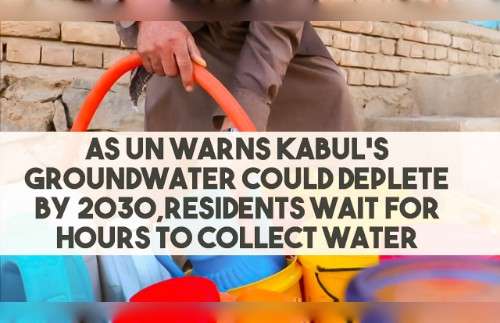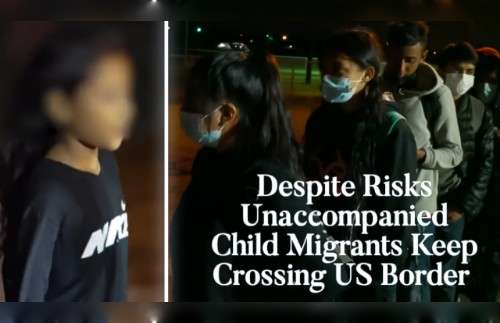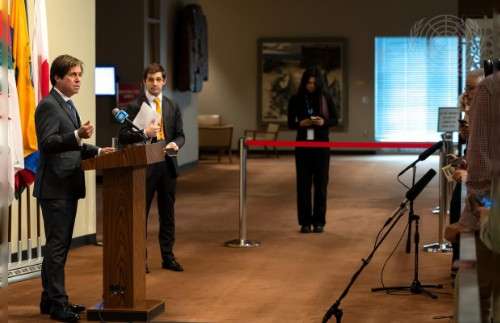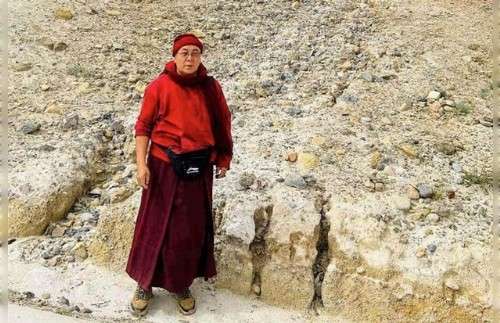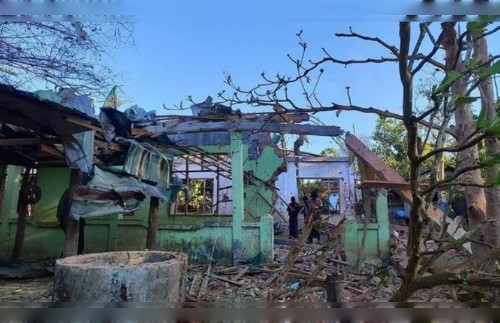
The Tunisian authorities must immediately stop exploiting largely outdated, overly broad and repressive laws to prosecute individuals for exercising their right to freedom of expression online, said Amnesty International in a detailed briefing and campaign launched today.
Amnesty International found that at least 40 bloggers, administrators of widely followed Facebook pages, political activists and human rights defenders have face criminal prosecution between 2018 and 2020 simply for publishing online posts critical of local authorities, the police or other state officials.
It is extremely disturbing to see bloggers and activists being targeted with criminal prosecutions under laws that date back to the time of repression in Tunisia ten years after the revolution, for simply posting their views on Facebook. Instead of trying to muzzle criticism, the Tunisian authorities should uphold the right of each and every person to express themselves freely and safely without fear of reprisals,” said Amna Guellali, Amnesty International’s Deputy Regional Director for the Middle East and North Africa.
“These prosecutions threaten the human rights progress made so far in Tunisia where the right to freedom of expression is a hard-won value of the revolution. We call upon the legislative authorities to prioritize reforming all largely outdated and overly broad laws that allow repression to prevent further backsliding and to fully comply with Tunisia’s obligations to uphold the right to freedom of expression.”
While most of these cases did not lead to a prison sentence, the summons for interrogation, the indictments and the trials themselves on charges that carry prison sentences amount to harassment and intimidation of people who express critical opinions about a public official and will have a chilling effect.
Whilst Tunisia is perceived as the only success story of the Arab uprisings and has been hailed for fostering a safe environment for all kinds of expression, the Ministry of Interior now openly threatens to prosecute people for legitimate criticism of police conduct and there has been a steady increase of prosecutions for Facebook posts that reveal cases of alleged corruption, criticize the authorities, or are deemed to “insult” officials online.
Amnesty International calls on the Tunisian authorities to protect freedom of expression in Tunisia by dropping all charges against individuals being investigated or prosecuted for their peaceful exercise of the right to freedom of expression, ordering a halt to all criminal prosecutions of expression offences and instructing state officials to stop initiating or threatening such prosecutions.
The organization also calls on Tunisian parliamentarians to prioritize reforming laws including the Telecommunications Code and Penal Code provisions that criminalize or otherwise limit legitimate expression and to treat defamation as a civil offense only.
Over the past two years, Tunisian authorities have displayed decreasing tolerance towards those who criticize public officials or institutions and have increasingly initiated prosecutions of bloggers and Facebook users for expressing views that are deemed “insulting” or “disrespectful”.
The Ministry of Interior, security forces unions and local authorities have over the past two years increasingly threatened prosecutions, at times in response to criticism of police conduct or campaigns calling for accountability.
On 18 October 2019, the Ministry of Interior issued a statement announcing that it would “take legal action against those who intentionally offend, question, or attribute false allegations to its departments.” The same statement went on to claim that “recent repeated statements by people of different affiliations and qualities in some websites and in the media are considered dangerous and can jeopardize the security institution.”
In October 2020 alone, at least five activists were summoned for investigation for criticizing security forces online in the context of a campaign against a bill that enforces impunity.
According to Amnesty International’s findings, the provisions most often used to prosecute online speech come under the Tunisian penal code, the Telecommunications Code and the Decree-law 115 on the Freedom of the Press.
For example, on 7 October 2020, anti-impunity activist Myriam Bribri received a summons from the Judicial Police in Sfax after she posted a critical opinion of the police on Facebook. The next day she went in for questioning over a complaint from the secretary general of a Security Forces Union in Sfax, accusing her of ”insulting the police.”
International human rights law does not recognize “insult” as a legitimate offense and deems it to be speech protected by freedom of expression.
Myriam Bribri was arrested and held in custody before being transferred to court on the same day to face charges under Article 86 of the Telecommunications Code, which imposes a prison sentence of up to two years for the use of telecommunications networks to “intentionally harm others or disturb their peace.” Myriam Bribri said she had to wait for at least two hours in court before her lawyers were told that her trial will start that afternoon. The judge accepted a request by Myriam s lawyer to postpone the hearing and she was provisionally released. Myriam is is scheduled to appear again before the court on 14 December 2020.
Similarly, on 6 October 2020, Imed Ben Khoud, a civil society activist from Kerouane, shared a cartoon by an anonymous cartoonist on Facebook depicting police officers as “dogs” and the Tunisian Interior Ministry building as a “doghouse”. On 12 October, he was arrested by the national guard and questioned in relation to the same charges under the Telecommunications Code. He was released without charges later the same day, but the investigation remains open.
Local officials have also used Penal Code provisions to prosecute individuals criticizing them, such as the case of blogger Anis Mabrouki. On 13 April, Anis Mabrouki posted a video on his Facebook page showing a crowd of people standing in front of the building of the closed mayor’s office in Tebourba (a town 30 km from the capital Tunis), demanding financial aid which had been promised by the government amid the COVID-19 lockdown. He criticized local authorities’ disregard for people in need and accused the mayor of failing to properly manage aid distribution. The next day, he received a summons from the authorities after the mayor pressed charges against him. On 15 April, Anis Mabrouki was charged with “causing noises and disturbances to the public” and “accusing public officials of crimes related to their jobs without furnishing proof of guilt” under Penal Code Articles 316 and 128. Anis was arrested and spent two weeks in pre-trial detention until the Court of First Instance of Manouba city acquitted him on 30 April.
Amnesty International’s campaign calls on the Tunisian authorities to stop prosecuting individuals for exercising their legitimate right to peaceful expression and to reform laws that represent a threat to freedom of expression in Tunisia.
@2020 AMNESTY INTERNATIONAL
Guatemalan Journalist Dedicates Career to Give Voice to Indigenous Groups
North Korean women in China catch ‘Disco Fever’
Russia’s Full-Scale Invasion Pushes Ukraine’s Drive Toward Digitization
As UN Warns Kabul’s Groundwater Could Deplete by 2030,Residents Wait for Hours to Collect Water
Despite Risks,Unaccompanied Child Migrants Keep Crossing US Border
Mary Jane Veloso, a Filipina on Death Row in Indonesia,is Coming Home
Trapped in Lebanon, African Migrants Face Unemployment and Rockets
Subscribe Our You Tube Channel
Fighting Fake News
Fighting Lies








